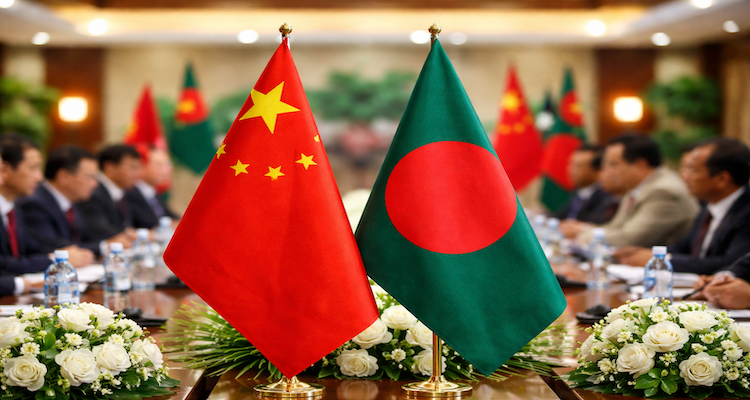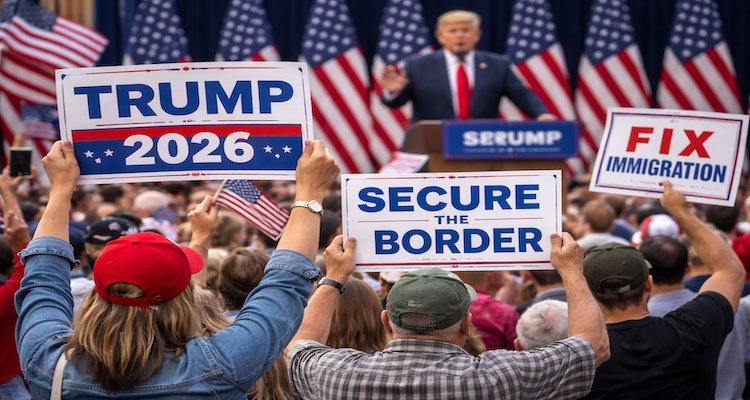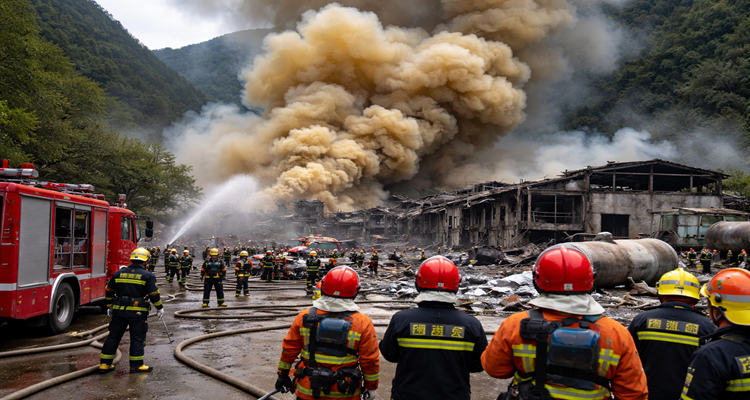Trump Pulls U.S. Out of South Africa G20 Over ‘Human Rights Abuses’

President Donald Trump withdraws U.S. participation from the G20 summit in South Africa, citing alleged human rights violations and persecution of white Afrikaners.
A Bold Withdrawal Amid Global Scrutiny
President Donald Trump announced on Friday that the United States will not send any government representatives to the upcoming Group of 20 (G20) summit in South Africa, accusing the host nation of committing “human rights abuses” against white Afrikaners.
In a fiery post on his social media platform, Truth Social, Trump condemned the decision to host the summit in South Africa, claiming that members of the Afrikaner community descendants of Dutch, French, and German settlers are being “slaughtered” and stripped of their land.
“It is a total disgrace that the G20 will be held in South Africa,” Trump wrote. “Afrikaners are being killed and their farms are being illegally taken. No U.S. official will attend until these abuses stop.”
Longstanding Tensions Over South Africa’s Land Policies
Trump’s remarks reignited a long-simmering controversy over South Africa’s efforts to redistribute farmland, a policy critics have accused of disproportionately targeting white landowners.
For years, South Africa’s government has denied claims of systematic violence against Afrikaners, saying such allegations distort complex issues tied to land reform and historical inequality. Nonetheless, Trump has repeatedly framed the issue as racial persecution in a “Black-majority nation.”
The president’s decision comes as the United States and South Africa navigate an increasingly strained relationship, complicated by their divergent stances on global conflicts particularly South Africa’s recent case at the International Court of Justice accusing Israel of committing genocide in Gaza.
No U.S. Delegation for Johannesburg Summit
The Group of 20 leaders’ summit is scheduled to take place in Johannesburg from November 22 to 23. Vice President JD Vance had been expected to lead the U.S. delegation but has since canceled his plans, according to a source familiar with the matter.
Trump declared that as long as South Africa “continues violating human rights,” the United States will withhold official participation. He added that he looks forward to hosting the 2026 G20 Summit in Miami, Florida, signaling a renewed push for U.S.-centric diplomacy.
South Africa’s foreign ministry has not yet issued a statement responding to Trump’s announcement.
Washington’s Policy Shifts Under Scrutiny
The boycott follows a series of sharp foreign policy moves by the Trump administration. Just last month, the president approved the lowest refugee intake cap in U.S. history, prioritizing white Afrikaner applicants in what officials described as a “targeted humanitarian response.”
Secretary of State Marco Rubio also opted out of attending a G20 foreign ministers’ meeting earlier this year, reinforcing a broader pattern of diplomatic disengagement with South Africa. The nation currently holds the G20 presidency, which runs from December 2024 to November 2025, after which the United States will assume leadership of the group.
Reactions and Global Ramifications
Trump’s withdrawal drew mixed responses both domestically and abroad. His supporters praised the move as a “moral stand” against alleged violence and expropriation, while critics called it a politically motivated gesture that risks further isolating Washington from its global partners.
Human rights experts note that while violent crime in South Africa remains high, there is no verified evidence of a racially motivated campaign targeting white farmers at the scale described by Trump. South African authorities have consistently rejected those claims as “baseless propaganda.”
Diplomatic observers warn that the decision could deepen divisions within the G20 and complicate U.S. relations with African nations, particularly as China and Russia expand their influence across the continent.
Potential Consequences for U.S.–South Africa Relations
By refusing to participate in the summit, the Trump administration is sending a strong signal that it intends to challenge what it perceives as moral failures among global partners. However, analysts suggest the move could backfire, leaving Washington without a voice in key economic and geopolitical discussions.
The G20 summit a major platform for shaping global economic policy will proceed without the U.S., marking a rare absence for one of its founding members. Meanwhile, South Africa’s leadership of the G20 places it in a crucial position to set the agenda for emerging economies.
Looking Ahead: G20 in Miami 2026
Despite the controversy, Trump has already shifted focus to the 2026 G20 Summit, slated to take place in Miami. The event is expected to emphasize economic growth, border security, and “America-first” trade priorities.
Whether the U.S. boycott will influence South Africa’s policies or simply widen diplomatic rifts remains uncertain. For now, Trump’s decision underscores the return of nationalist rhetoric and a transactional approach to global alliances that defined his first term.
President Trump’s withdrawal from the South African G20 marks a pivotal moment in U.S. diplomacy one that highlights the intersection of human rights advocacy and nationalist policy. As the global community reacts, the question remains whether Washington’s absence will advance reform or merely weaken its influence on the world stage.
(Disclaimer: This article is based on verified public statements and official reports. It reflects factual developments as of the time of publication and does not endorse any political viewpoint.)
ALSO READ: James Watson, DNA Pioneer and Controversial Geneticist, Dies at 97









